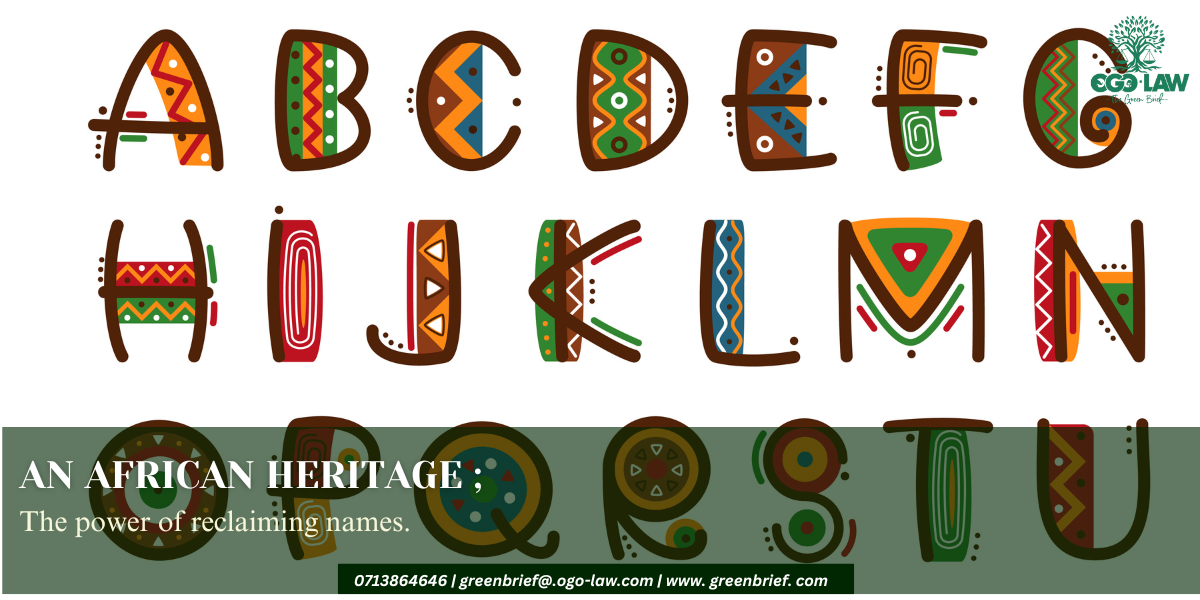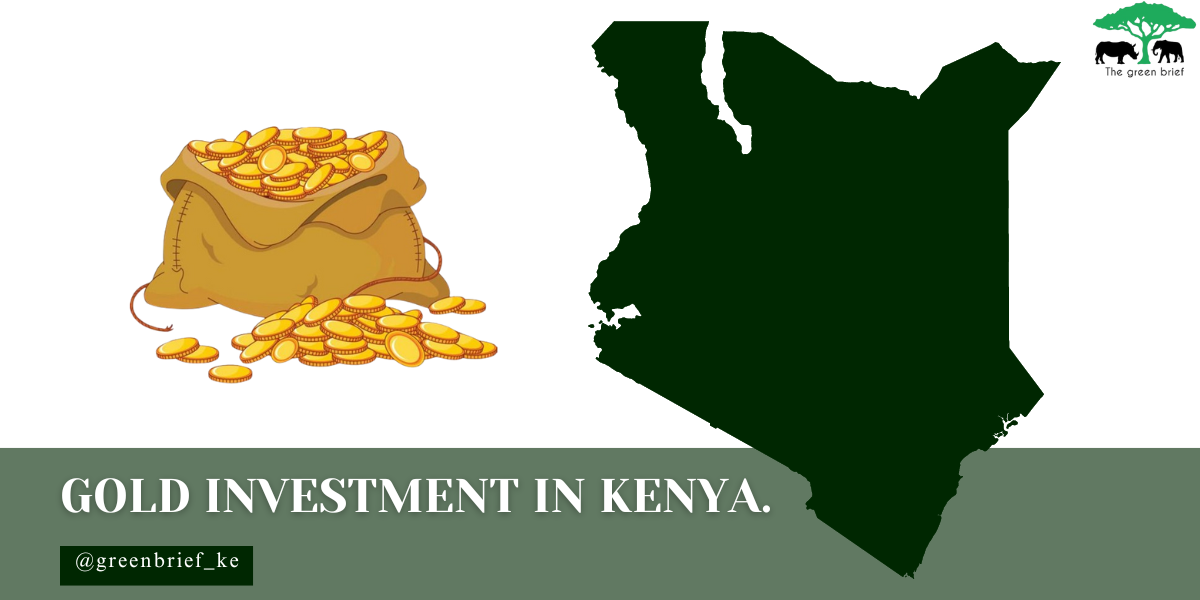There is an undeniable power in a name. It’s more than just a label; it’s a vessel for history, a declaration of identity, and a connection to those who came before us. When someone calls you by your name, especially in a world of monikers and numbers, it feels like they truly see you, that they acknowledge a unique part of your story. This profound truth makes the colonial legacy of renaming African places so impactful, and the modern movement to reclaim those names so significant.
For centuries, colonizers arrived on the continent and declared they had “discovered” mountains, lakes, and rivers, as if the local people who had lived there for generations were blind to their own landscapes. These places, with names steeped in local language and meaning, were stripped of their identities and given European titles; names of queens, explorers, or far-off cities. This wasn’t just a simple change; it was an act of erasure, a deliberate attempt to subordinate indigenous knowledge and cultural heritage. It created a historical amnesia, making it seem as though these beautiful, ancient places only came into existence when they were “found” by an outsider.
In Kenya, for example, the nation’s highest peak was christened Mount Kenya, named after the colony itself. But to the local communities who have revered it for centuries, it has always been Kirinyaga, which translates from the Kikuyu language to “the mountain of whiteness” , a poetic and descriptive name that speaks to its snow-capped peak. In neighboring Tanzania, the world’s largest tropical lake, known by local communities as Nyanza, meaning simply “the great body of water,” was renamed Lake Victoria after the British monarch.
This practice wasn’t limited to stationary features. Even dynamic wonders like waterfalls were stripped of their poetic names. The colossal waterfalls on the Zambezi River, for instance, were given the same royal title, Victoria Falls. Yet to the local people, they were known as Mosi-oa-Tunya, which means “The Smoke that Thunders.” This powerful name, with its vivid imagery, perfectly captures the immense spray and roaring sound of the falls, a far more evocative and personal name than a monarch’s title. This is a common theme, as names were often given by local people with an intrinsic understanding of the land.
Today, there is a powerful resurgence of pride and a collective effort to decolonize our landscapes by restoring the original names. This movement is a testament to resilience; it’s a bold act of reclaiming a lost narrative. When we use names like Kirinyaga, Nyanza, or Mosi-oa-Tunya, we aren’t just saying a different word. We are remembering our heritage, honoring our ancestors, and re-establishing a connection to the land that colonization tried to sever. It is a vital step in rebuilding our collective identity and ensuring that future generations know the true, authentic story of their home.





